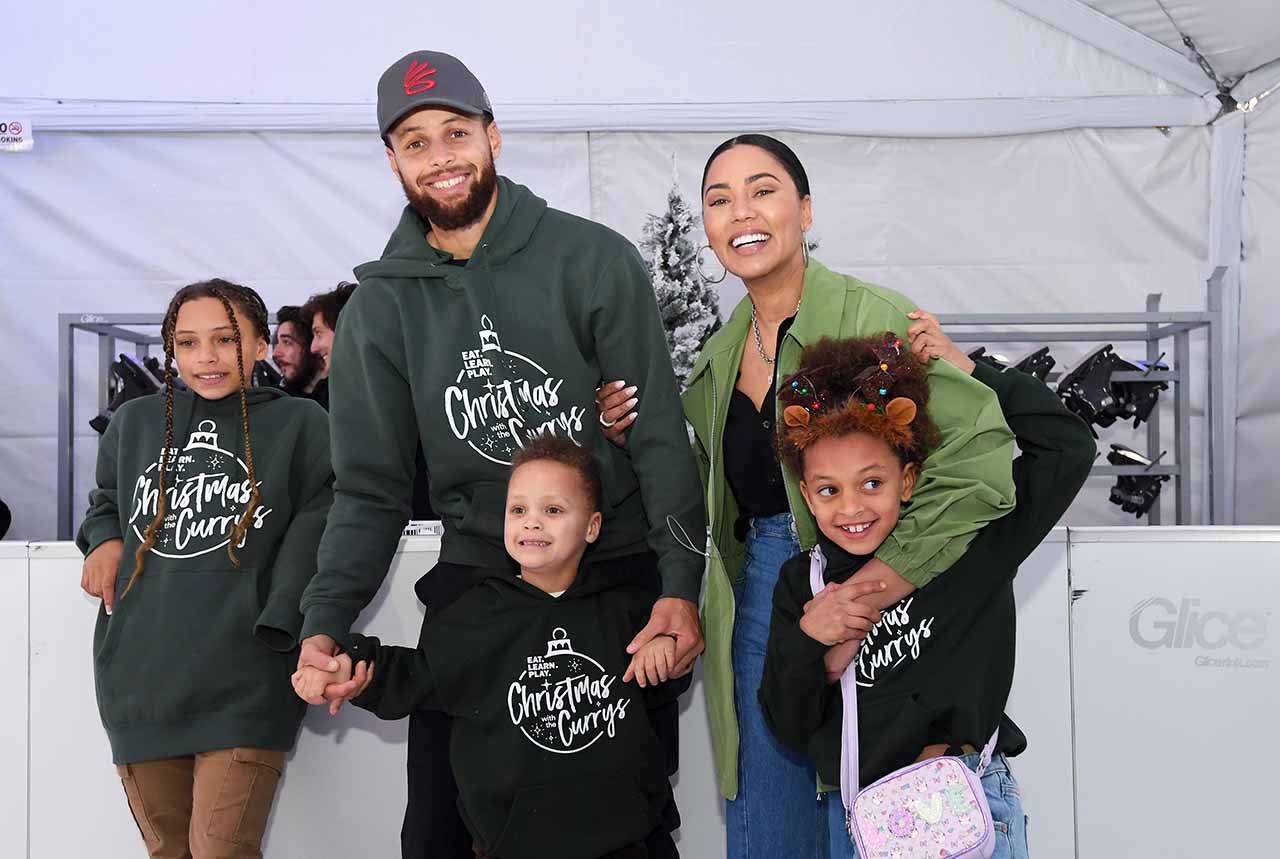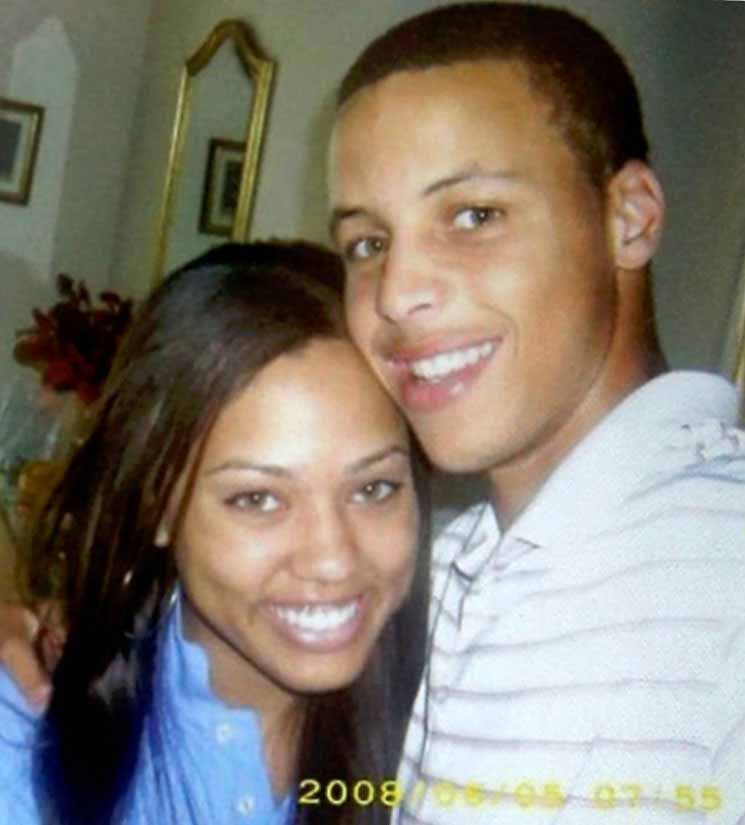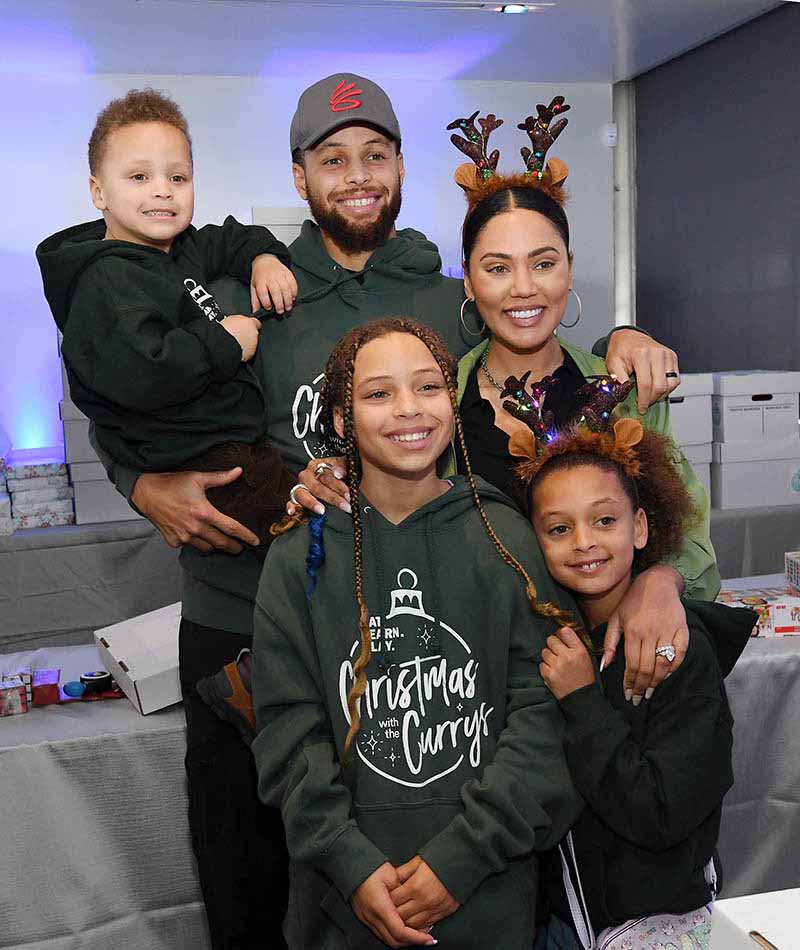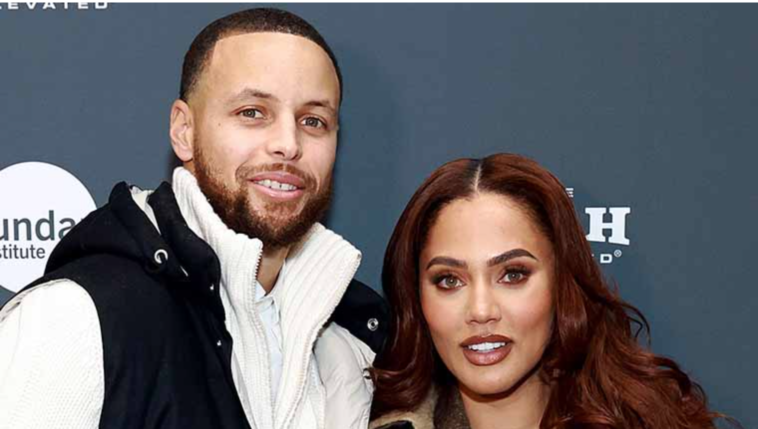Ayesha Curry changed her mind about having a high risk pregnancy when she felt something was missing in her life.

Steph Curry and his wife Ayesha Curry welcomed their fourth child, a boy named Caius Chai Curry.
According to their social media, the NBA star and his celebrity chef wife welcomed their second son on May 11.
“Our sweet baby boy decided to make an early arrival!!
He’s doing great and we are finally settling in at home as a family of 6!
So grateful!
Caius Chai 5/11/24.”

Ayesha and Steph, both 36, met in church when they were teenagers in Charlotte, NC. They were married in 2011.
The Currys are already parents to daughters Riley, 11, and Ryan, 8, as well as son Canon, 5.
In March, Ayesha revealed her baby bump on the cover of her magazine Sweet July (Spring 2024).
Ayesha changed her mind about having a high risk pregnancy when she felt something was missing in her life.
“For so many years, Stephen and I thought we were done [having children] We said, ‘Three, that’s it, we’re not doing this again’,” Ayesha told writer Brianne Garrett.

“For me, the decision came from always finding myself looking around and feeling like somebody was missing. I would load up the car and think, ‘Oh, I forgot something.’ But nobody was forgotten. It started to turn my brain a little bit. Maybe somebody was missing. So we set out on this journey, knowing that this would complete our family.”

“So much is different this time. For one, I’m tremendously busy in ways I wasn’t before. I now have older children, who have full lives and schedules that we’re balancing on a daily basis on top of work and all the family things. That’s added an interesting layer to this experience,” she explained.
“What’s been really interesting has been my doctor’s appointments. I’m in my 30s, and so there’s all this paperwork referring to the experience as a ‘geriatric pregnancy’ and all the concerns that come along with that. I think there’s something that needs to be more nuanced when it comes to women, their age, and conversations around having children. Many women in their 30s and 40s are going through this for the first time, and being told you’re ‘old’ feels alarming and wild. I think the narrative needs to be shifted a little bit.”


